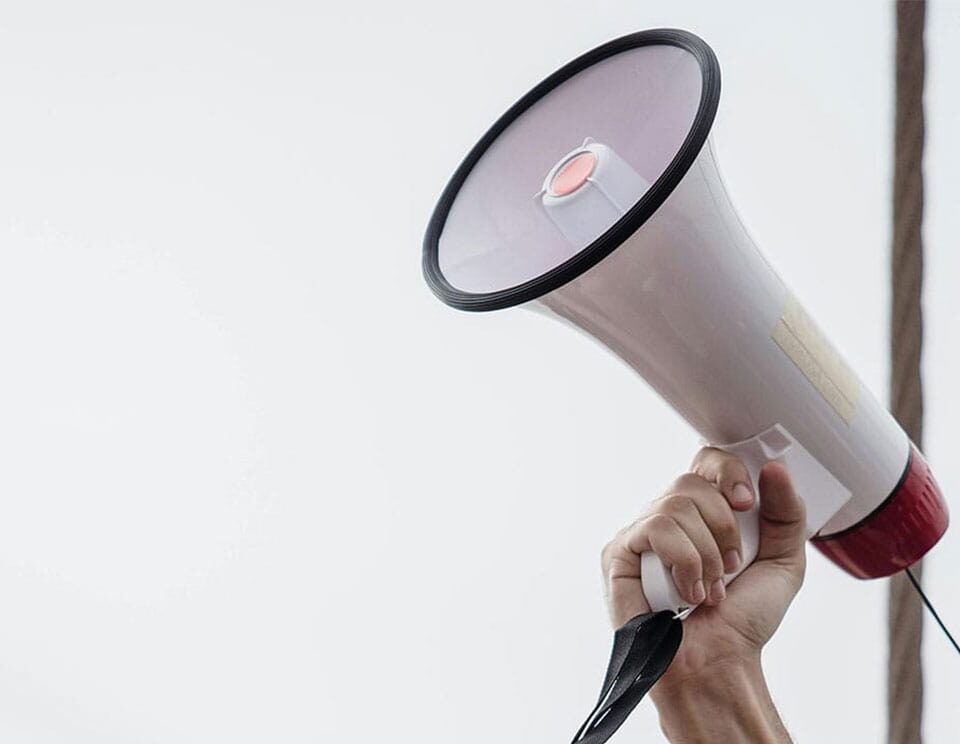Who should you see when you have concerns with your ears or hearing: an ENT Doctor or an Audiologist? It might be confusing to figure out which specialist is most appropriate depending on your concerns. This article will guide you through the roles and responsibilities of an ENT versus an Audiologist, and who you should see for your concerns.
Although there are areas of overlap between the two professions, ENTs and Audiologists specialize in different ear-related conditions. In some situations, you may need to consult with both an ENT and an Audiologist to fully address your ear or hearing concerns.
Let’s dive right in.
Who is an Audiologist?
An audiologist is a trained professional specializing in the assessment and treatment of hearing loss and/or balance disorders in children and adults. Audiologists can assess, monitor, and provide therapies and management for conditions affecting the auditory or vestibular systems. Audiologists can help with earwax removal, tinnitus or sound sensitivities, balance disorders, cochlear implant mapping, central auditory processing disorders, hearing protection and conservation, and all things hearing aids. An Audiologist is the best healthcare professional to guide you through the different types of hearing devices and hearing aids available, and make the most appropriate recommendation for your ears, hearing, and lifestyle.
Audiologists are not medically-trained physicians however, and cannot prescribe medication or perform surgery to treat medical conditions of the ear.
Who Is an ENT Doctor?
ENT (Ear, Nose, and Throat) doctors, also known as otolaryngologists, are medically-trained physicians and surgeons. They can diagnose and treat medical concerns with the ears, nose and throat. Your family doctor may refer you to this type of specialist for a variety of medical concerns, such as severe ear infections, concerns with acoustic neuromas or tumours, tonsilitis, sinusitis, and many others. An ENT Doctor may recommend medical intervention such as medication or surgery to treat the condition diagnosed.
Audiologists and ENT doctors may consult or work together to treat certain conditions. An audiologist, for example, may recommend you see an ENT Doctor for certain ear conditions that might require medical treatment or surgery. An ENT Doctor may recommend you see an Audiologist to monitor hearing levels after or during treatment. It is important for your Audiologist and ENT to share information with each other in order to determine the best treatment plan for your ears or hearing.
What Services Does an Audiologist Offer?
Some of the services offered by audiologists include:
- Hearing protection and conservation. This is important for everyone, but especially individuals who work in noisy environments or are consistently exposed to high levels of noise, including musicians. Audiologists can dispense custom hearing protection to help you protect your ears from potential harms of noise exposure.
- Routine and comprehensive hearing tests to assess hearing health, determine hearing acuity and when there is a hearing loss, to help treat or manage the loss.
- Hearing aid services, including recommendations for appropriate hearing aids, fitting and dispensing of hearing aids, and follow-up care such as programming, cleaning and counselling.
- Tinnitus and/or sound sensitivity consultations. The management options for tinnitus or other sound sensitivities may vary, but can include sound therapy, relaxation therapy, lifestyle changes, or referrals to other healthcare professionals.
- Earwax removal services.
- Auditory Processing assessment and management, to help with concerns of hearing in noise and understanding speech in challenging listening environments.
- And more!
What Does an ENT Doctor Do?
ENT doctors deal with various conditions affecting the ears, nose and throat. They can help with the following:
- Allergies, sinusitis, tumors and other nasal conditions.
- Ear infections and tumors (both cancerous and benign)
- Tonsilitis, growth, and other throat-related issues
- Sleep apnea: This also includes possible physical conditions found on the throat and the nose.
- Hearing implants for profound hearing losses
- Balance difficulties and dizziness or vertigo
- And More!
Should I See an ENT Doctor or An Audiologist?
Depending on your concerns with your ears and/or hearing, you might need to see an Audiologist, ENT, or both. Click here or call us at (416) 901-4770 to arrange a consult with an Audiologist and determine the best way to take care of your ears and hearing health!
About the Author
Salima Jiwani is the Founder/Director and Lead Audiologist at AudioSense Hearing, Balance & Concussion, an audiology clinic in Yorkville, Toronto. Salima has a keen clinical and research interest in disorders of the external, middle and inner ear, including hearing loss, auditory processing difficulties, tinnitus, sound sensitivities and post-concussion auditory deficits. Salima is passionate about understanding how the brain responds to sound after injury and in post-surgical management of cochlear implants. Salima works with children and adults of all ages at AudioSense, and provides her patients with industry-leading audiological care by leveraging her clinical, research and industry experience. She firmly believes in a holistic cross-collaborative team approach to audiological care and is always looking for outside-the-box evidence-based innovative ways to offer care to her patients. Outside of work, Salima continues to be engaged in advocacy initiatives to elevate the profession of audiology, give audiologists a voice and promote optimal audiological care for her patients.







